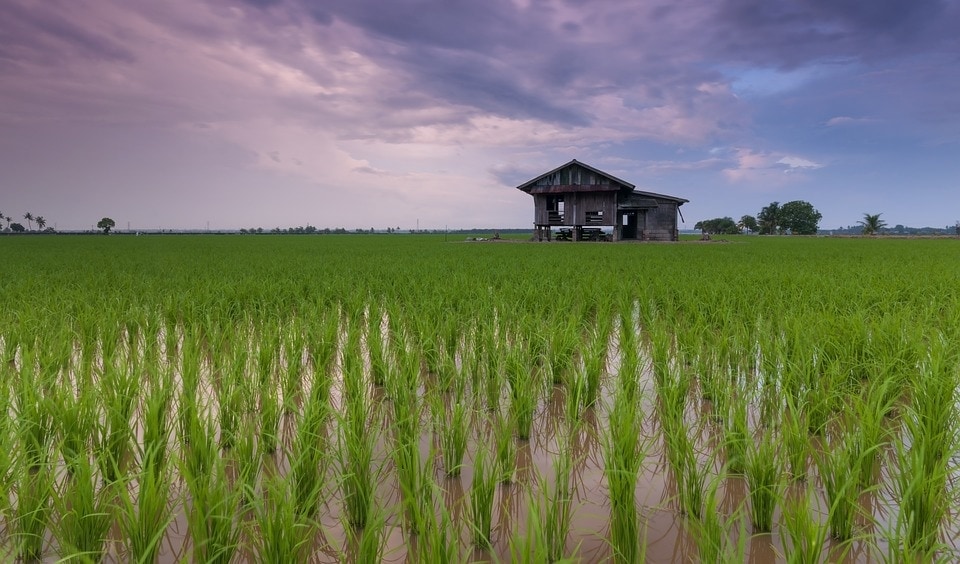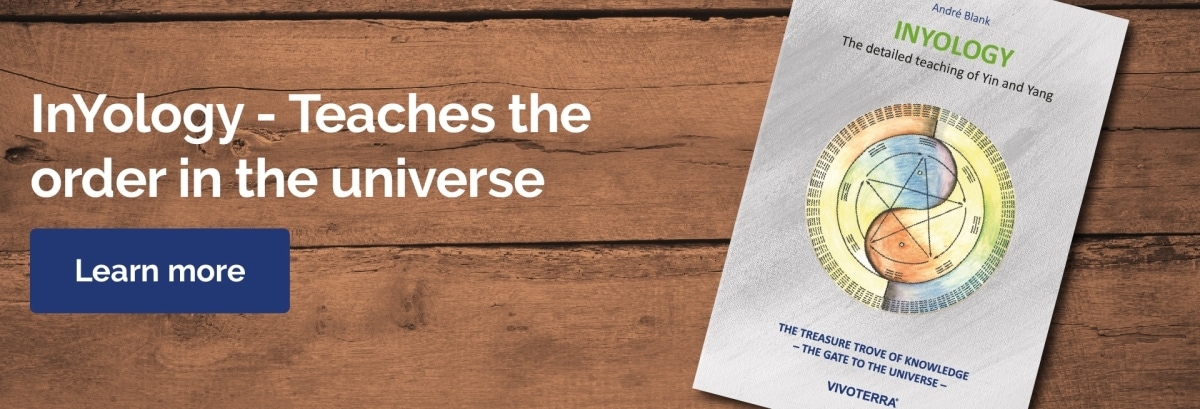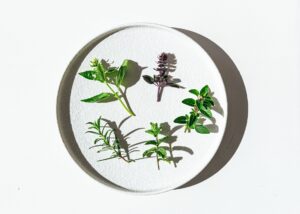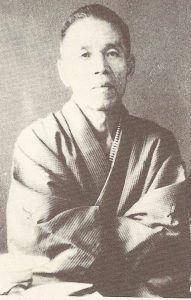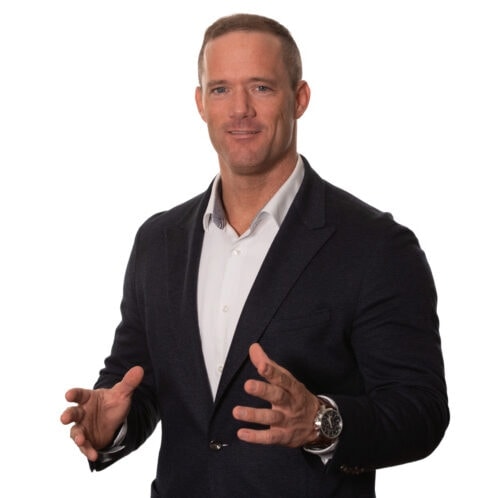Masanobu Fukuoka (1913 to 2008) was initially a microbiologist and then became a farmer. His books are standard works in permaculture. He himself describes the nature of his agricultural method as “not doing agriculture” according to the Daoist Wu-wei principle. Similarly, Masanobu Fukuoka himself lived after that all his life Wabi-Sabi Principle.
Masanobu Fukuoka is considered to be the initiator of the spread of the seed bomb sowing technique, which has since become widely known. This technique, which he developed after the Second World War, for his no-till method of ploughless rice cultivation, is now also used in the guerrilla gardening movement. In 1988 Fukuoka received the Ramon Magsaysay Prize.
Due to the renewed interest in his work, his book The One Straw Revolution was reprinted in the USA in 2009, as was the German edition The Great Way Has No Gate in 2013.
When the farmer forgets the earth on which his existence is based and only has his profit in mind, when the consumer can no longer distinguish between living food and food that only fills the stomach, when officials look down on the farmers and industrialists look down on nature exploit, the result will be sickness and early death. Nature is so loving as to warn humanity over and over again for acting so rashly, but many too often ignore these warnings.
Here are the seven stages of farming according to Masanobu Fukuoka:
Industrial
At all costs one tries to generate a large income. The short-sighted pursuit of profit drives the farmer more and more into dependence on seed breeding and chemical companies. Increasingly greater efforts to increase production lead to problems with surplus recycling. Monocultures, factory farming, massaging machine use, herbicide, pesticide and artificial fertilizer application, soilless cultures, bio and genetic technology, embryo transfer, hybrid breeding, etc.
Conventional
This farmer has not yet completely lost direct contact with the earth (has not yet been sitting on machines all day). However, it cannot withstand the competition of industrial LW and must be subsidized in such a way that it would be cheaper for the state to pay everyone a fixed wage instead of artificially supporting prices. Most industrial practices are also used by the conventional farmer. Here, too, nature pays the price until …
Integrated
As little as possible and as much as necessary poison is injected and fertilized. Motto; Only if really necessary and only after a certain damage wave, and not as with industr. and conventional economy from the start. Migros “sano” advertises, for example, with the slogan: “The difference lies in the metered fertilization” etc. (… and thus accuses most of its vegetables to have been grown with excessive fertilization and chemical use.)
Organic-bio
Synthetic fertilizers and additives are not allowed. Mechanical weed control. Optional: mixed culture, mulch, compost management, hybrids and high-bred forms are used. Although these produce high yields, they are correspondingly susceptible and require extensive protective measures (film tunels, fleece covers, etc.). Plants can also be inflated with organic agents and are then very yin.
Byodynamic “Demeter”
Building on the teaching established by Rudolf Steiner. Cosmic rhythms and energies are drawn in and transferred to compost, soil and plants with the help of special preparations. Without poison and synthetic substances. Weed and insect control through ashing and homeopathic procedures. Compost preparations accelerate degradation processes. Silica and horn manure preparations are “dynamized” with spiral stirring movements.
Hinayana (cit. Fukuoka)
This type of agriculture arises when man seriously seeks entry into the realm of mahayana agriculture. She tries to shake off human knowledge and action and as far as possible. To let the pure forces of nature work. This view is based on the philosoph. Conviction that if man makes a real effort to get closer to nature, nature, if he renounces all interventions and actions, takes over and carries them out for him.
Mahayana (cit. Fukuoka)
This type of agriculture is realized when man becomes one with nature, for it is a form of agriculture that transcends the boundaries of time and space and has already reached the peak of understanding and enlightenment, “nothing” . Mahayana agriculture is the pure embodiment of life in harmony with nature. Those who lead such a life are hermits and wise men.

